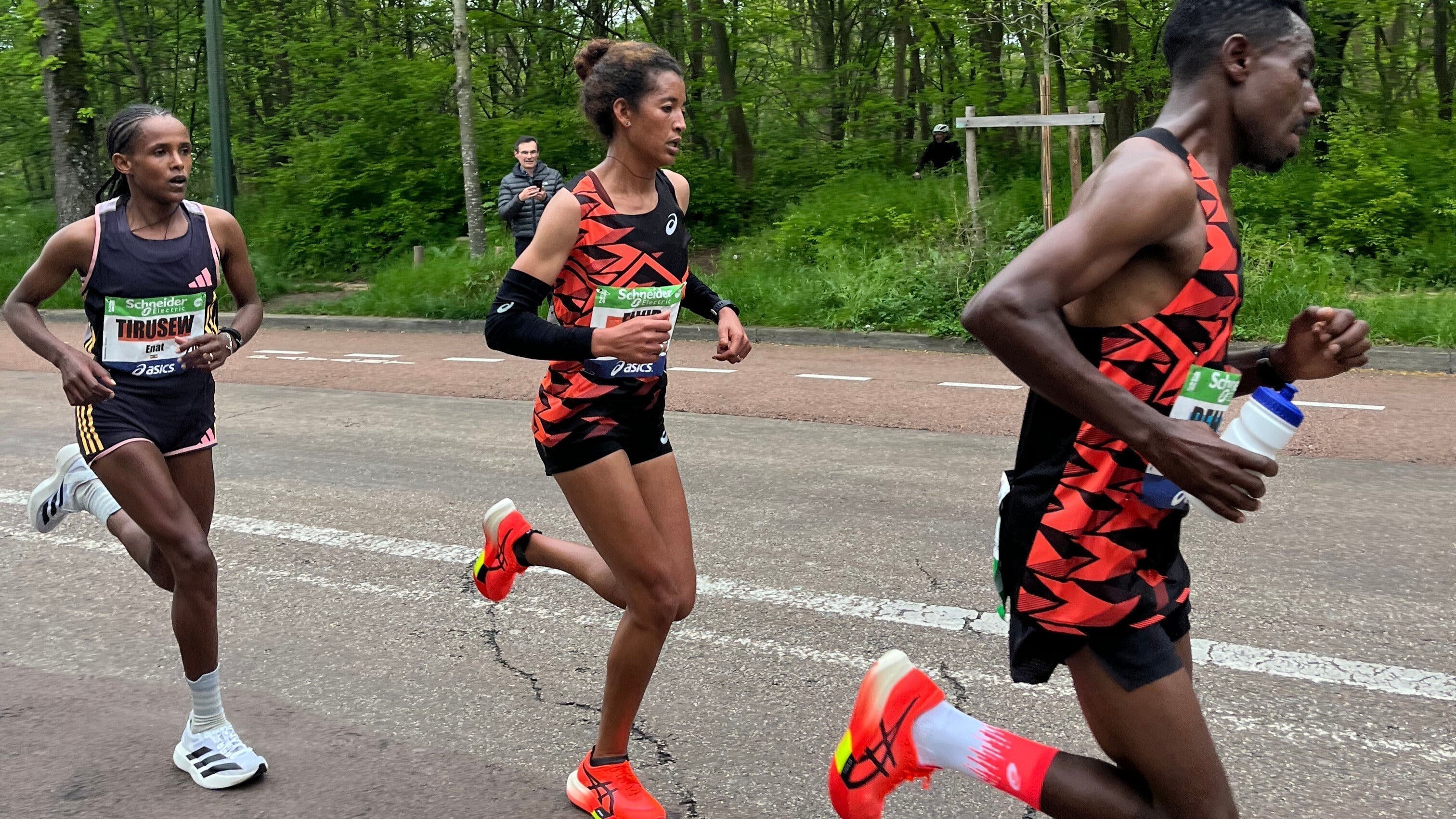
How to recover properly from a marathon?
You've just crossed the finish line and completed your marathon. It's an achievement and a sporting performance you can be truly proud of. The marathon is a demanding, difficult race, and you've pushed your physical and mental limits to reach the finish line. Now it's time to focus on recovery, and that starts as soon as you cross the finish line. Your body has been put through its paces, and you'll need to take care of it for optimal recovery. After a marathon, the blood contains many 'by-products' such as lactic acid from muscle breakdown. It will take the body several weeks to return to its 'normal' balance. The key after a marathon is to take it easy and recover. Your body will need time to overcome the trauma of the marathon and all the 'negative' effects of this long race. While your body recovers, your muscles won't be as efficient as normal, and you won't be able to recover from your workouts as quickly, increasing your risk of injury. So what can you do to best recover from a marathon? Here are some tips, in chronological order, from the first minute after the finish line to one month after the marathon.
1. Cover up and rehydrate as soon as you cross the finish line
As soon as you cross the finish line, cover yourself up and as soon as you can, change into dry clothes. Your body has just made an exceptional effort and is weakened. After these long hours of racing and as the body cools down, the risk of catching a cold is multiplied, especially if the weather conditions are quite cool and/or rainy and you stay in your damp running clothes. Also change and rehydrate as soon as possible after crossing the finish line. Always take small, regular sips, without forcing yourself.
2. Within an hour and half a day after the marathon, eat a balanced meal and rest.
Within an hour of finishing your marathon, try to eat a balanced meal with vegetables, fruit, and a carbohydrate and protein intake to recharge your batteries. Take a nap in the afternoon, and on the evening of the marathon, be sure to avoid drinking too much alcohol (one beer will do) to avoid dehydration, which would slow down the recovery process.
3. The day after and the day after the marathon, priority should be given to recovery
You can wear compression recovery socks the afternoon of the marathon and for one or two days after the marathon to promote blood circulation and muscle recovery. No physical activity for the first 48 hours after the race. Recovery is the priority. Muscle aches will likely be present during these first 48 hours. Going up or down stairs will become a real challenge during these two days because your legs will be sore and stiff. Try to get plenty of sleep during these first nights after the marathon. Deep sleep is particularly conducive to muscle repair, and you'll need it after running 42 kilometers (and 195 meters...).
4. The week or two after the marathon, ease back into training very slowly.
Ideally, take a break of at least 5 to 7 days or two weeks before starting your run again. If you still want to resume physical activity towards the end of the first week, focus on swimming or cycling with light and relatively short sessions. Swimming and cycling are weight-bearing sports. They will protect your joints by avoiding impact. You can also schedule a sports massage at the end of the first week after the marathon. It is indeed preferable to wait a few days before scheduling a massage after a marathon.
5. The month after the marathon, restart running and muscle strengthening very gradually.
When you return to running at the very end of the first or second week after the marathon, take it very slowly during the first sessions: run at a slow pace and for a short duration. After these first recovery sessions, you can slightly increase the pace and duration of your runs, but always very gradually. Give your joints and muscles time to get used to these demands again. For your post-marathon muscle strengthening sessions when you schedule them again, start again with light loads and more limited ranges of motion than usual.
6. Listen to your body and your sensations
Throughout the recovery and gradual return to training phase, stay in tune with your body and your physical sensations and give yourself time to decompress mentally and physically. Your body has been put through a lot. You've demonstrated discipline and perseverance throughout your marathon preparation. Now you can take the pressure off and enjoy these weeks of recovery. If you want to run and enjoy the sensations and well-being that running brings you every day for a long time, you need to take care of your body over the long term. A successful runner's life involves periods of recovery and regeneration as much as periods of intense training.
The next goal will arrive soon enough and if you have recovered well from your marathon, you will be happy and eager to tackle the new race that awaits you.



1 comment
Excellent comme d’habitude.🙌🏼
Sportivement
Jeff
Roux
Leave a comment
This site is protected by hCaptcha and the hCaptcha Privacy Policy and Terms of Service apply.